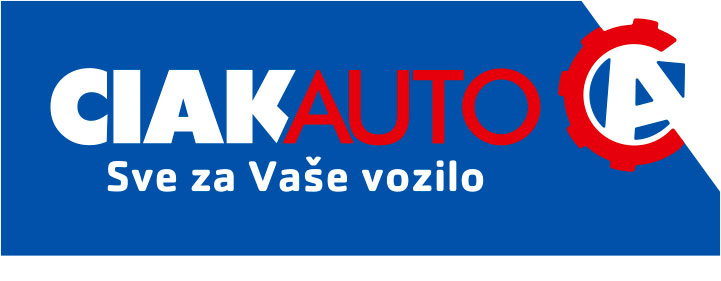Cookie Policy
In order for this site to work properly, in order to be able to further improve the site, to improve your browsing experience, this page must save a small amount of information (Cookies) on your computer. Over 90% of all websites use this practice, but according to EU regulations since March 25, 2011. we are obliged to request your consent before saving Cookie. By using the website, you agree to use Cookie. By blocking cookies you can still browse the page, but some of its features will not be available to you.
What is a cookie?
The cookie information is saved to your computer by the web site you visit. Cookies usually save your settings, web settings, such as your preferred language or address. Later, when you open the same web page again, the internet browser sends back the cookies that belong to that page. This allows the page to display information tailored to your needs.
Cookies can store a wide range of information including personal information (such as your name or e-mail address). However, this information can only be saved if you allow it – the websites can not access the information that you have not provided them and can not access other files on your computer. Default activity for saving and sending cookies is not visible to you. However, you can change your Internet browser settings so you can choose for yourself whether or not to approve or reject cookie requests, delete cookies automatically when you close your internet browser, and the like.
How to disable cookies?
By turning off cookies, you decide whether to allow cookies to be stored on your computer. Cookie settings can be controlled and configured in your web browser. For information about the cookie settings, select the web browser you are using. • Chrome • Firefox • Internet Explorer 9 • Internet Explorer 7 and 8 • Opera (English-language page) • Safari (English page) Note: If you disable cookies, you will not be able to use some of the functionality on the web site
What are Temporary Cookies?
Temporary cookies or cookies are removed from your computer when you close your browser. With them, websites store temporary information, such as items in a shopping cart.
What are permanent cookies?
Permanent or saved cookies remain on your computer after you close the Internet browser program. With them, websites store information such as login name and password, so you do not have to sign in for each visit to a particular location. Permanent cookies will remain on your computer for days, months, even years.
What are cookies from the first page?
First-party cookies come from the sites you’re watching and can be permanent or temporary. With these cookies, sites can store the data they will use again when they visit the site.
What are third-party cookies?
Third-party cookies come from ads from other sites (such as pop or other ads) that are on the site you’re watching. With these cookies, websites can track the use of the Internet for marketing purposes.
Does $ domain use cookies?
Yes, with the primary goal of making our websites better for you.
What kind of cookies does the $ domain use and why?
Temporary cookies – these are temporary cookies that point out (and are automatically deleted) when you close the Internet browser. We use session cookies to allow access to content and allow commenting (things you must do when logging in with your web page information).
Persistent cookies – usually you have a date expiring far into the future and will stay in your browser until it expires, or until you delete them manually. We use permanent cookies for functionalities such as the “Stay logged in” tickbox, which makes it easier for users to access as a registered user. We also use durable cookies to better understand user habits so that we can improve the website according to your habits. This information is anonymous – here we do not see individual user information.
Does the website have third-party cookies?
There are several external services that save cookies to a user. These cookies are not set up by this site, but some serve the normal functioning of certain features that make it easier for users to access content. We currently allow:
Social networks
Users can sign up and sign up through their own Facebook social network accounts. Sharing social networking items also places cookies on the user.
Measurement of attendance
$ domain for metering uses Google Analytics.
If you want to prevent the provided services from saving cookies, you can forbid each service at the following links:
Google Analytics – https://tools.google.com/dlpage/gaoptout
More information about turning off cookies
There are currently several web sites to exclude cookies for various services.
You can read more at the following links:
http://www.allaboutcookies.org/
http://www.youronlinechoices.eu/
